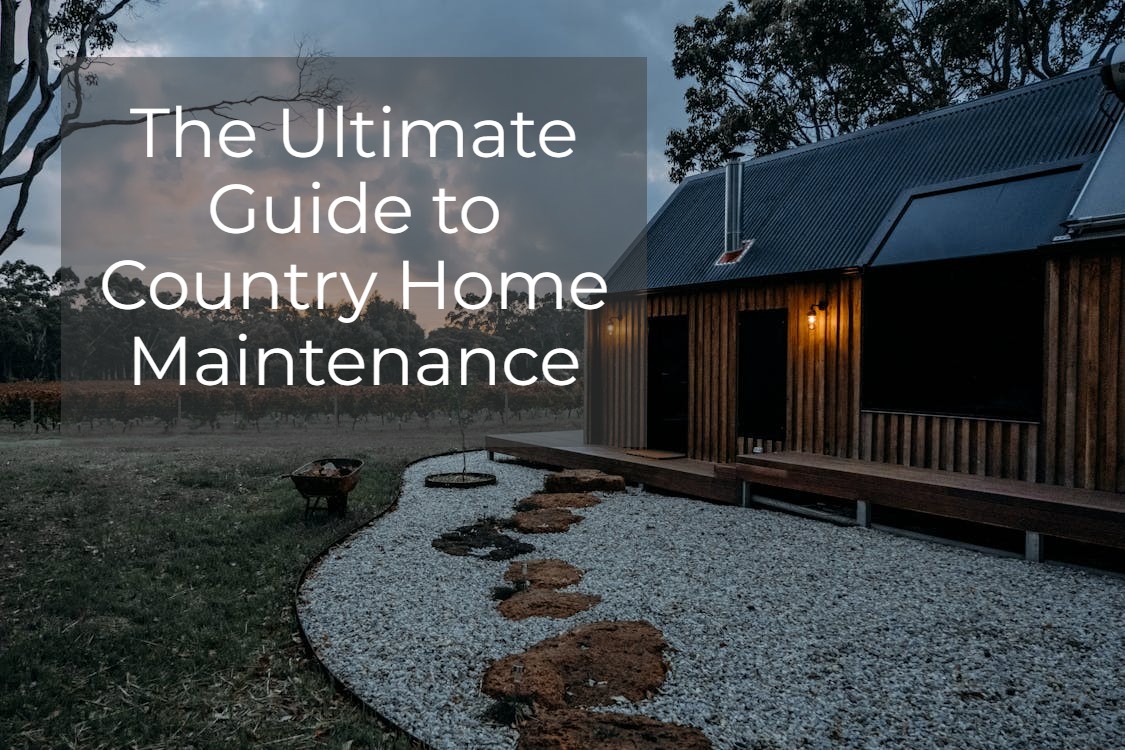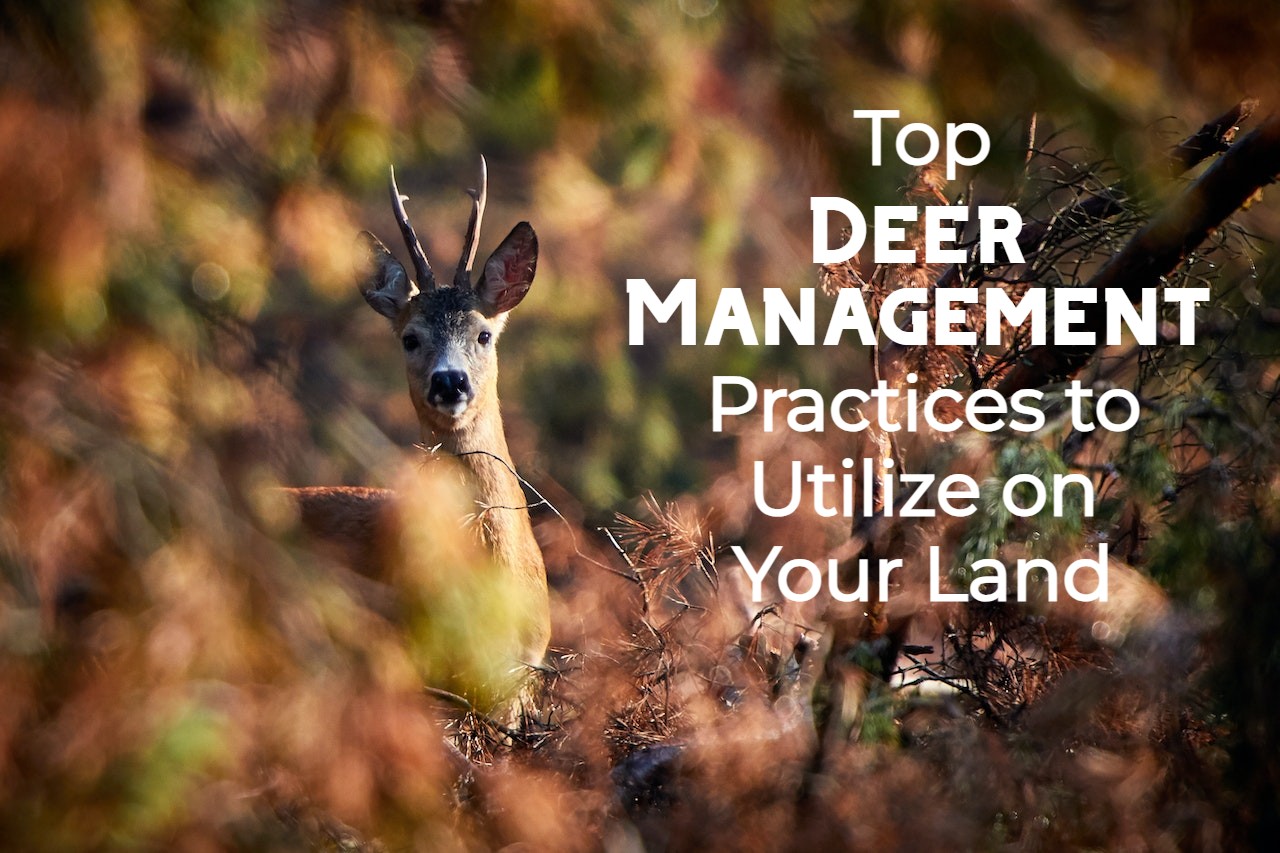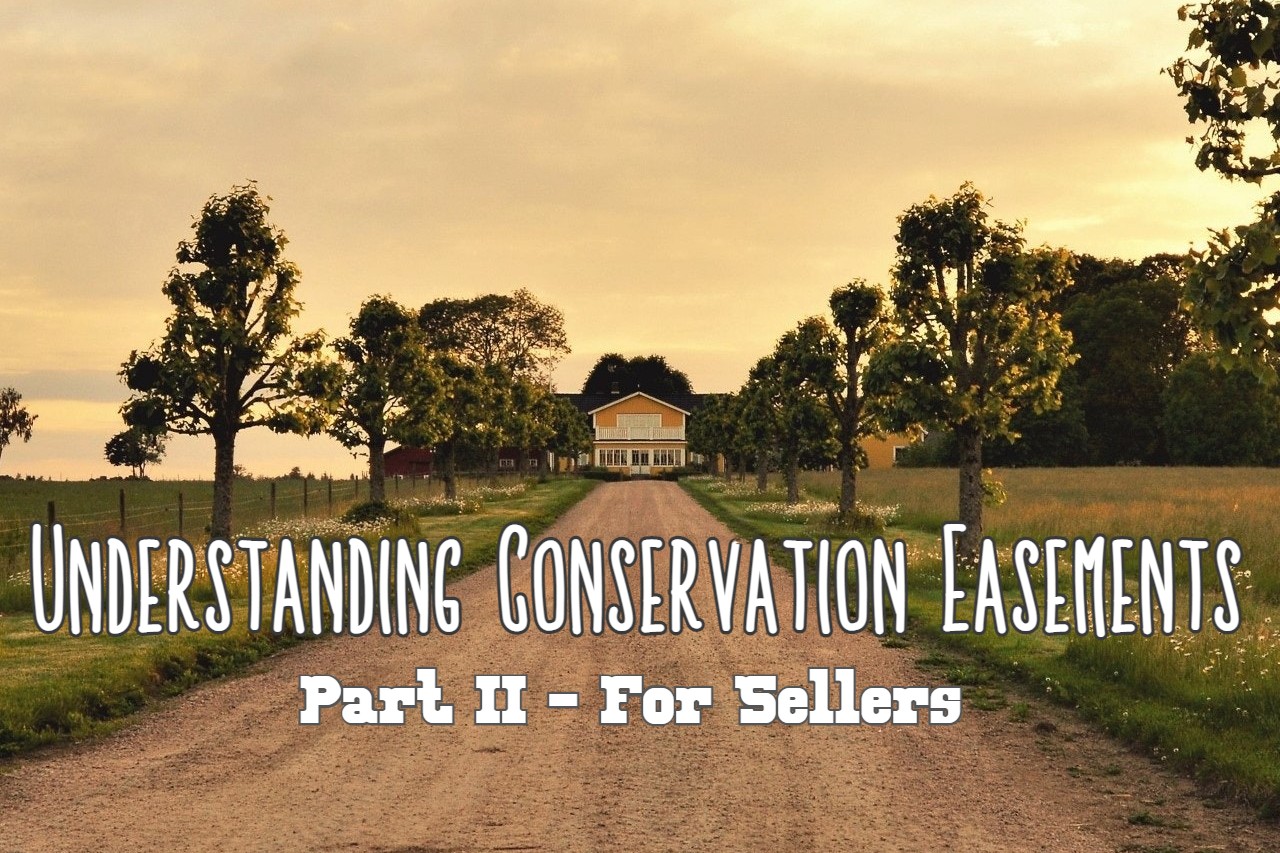The Insider’s Guide to Buying A Country Home

Country Living, here you come!
So, you’ve made the decision to buy a home in the country. Congratulations! And it’s no wonder. With so much stress and anxiety in today’s world, many people have decided that it’s time to move to the country. Whether as a full-time residence, or a second home getaway, it’s become somewhat of a national trend. (Cue the ‘Green Acres’ theme song.) And of course, Michigan is a great place to call ‘home’ for country living, as it’s full of open spaces and great topography — large properties and small, historic farmhouses and new construction — with the common denominator being that our country property is never far from a lake, river or stream, and it’s no doubt close to good neighbors, and clean, crisp air.
 As with the purchase of any ‘lifestyle’ property, we encourage you to be deliberate in your process when looking for a country home, because we know that the time you put in up front will pay big dividends later on. And to help you, we’ve put together this quick read — a primer of sorts — and of course, at any time, feel free to contact us at Michigan Country Homes.
As with the purchase of any ‘lifestyle’ property, we encourage you to be deliberate in your process when looking for a country home, because we know that the time you put in up front will pay big dividends later on. And to help you, we’ve put together this quick read — a primer of sorts — and of course, at any time, feel free to contact us at Michigan Country Homes.
So, let’s get started. There’s quite a bit to consider when searching for country property.
1. What does ‘living in the country’ mean to you, and how do you intend to use the property?
Okay, so the first question is actually two questions. That’s because they’re closely related to each other. They may seem like simple questions, but they’re very important, in large part because the possibilities cover such a wide range. The simplest definition would be that a ‘country home’ is a home on a few acres or more, and is serviced by a well and septic system, vs. city water and sewer. From there, naturally, the acreage can be much larger, into the 100s, or even 1000s of acres, and the property can have one or more outbuildings, which could be used for a variety of purposes — for livestock, storage, studio space, a workshop, to house collectibles, and on and on.
So you can see, the first two questions are the most important, because they lead to many other follow up questions.
2. Where do you want to be?
Naturally, there may be many variables that influence this decision, with the basic ones being things like a desire to be near friends and family, or to live in a particular school district or county, or near a particular city. But beyond that, keep in mind that there other considerations as well, such as:
- How far do you want to be from shopping, restaurants, medical facilities, or other amenities?
- Is it important to be near water — a particular lake or river — or some other landmark?
Keep in mind too, that how neighboring properties are used may influence your lifestyle and living conditions. Are there large farms, where smells are a consideration at certain times of the year? Or is there a shooting range? A motor-cross track? You get the idea.
3. Do you want to buy an existing property, or build new?
You can specify one or be open to all of these possibilities. For now, know that each of these options has its own advantages and disadvantages.

– Building new will enable you to have exactly what you want, but it will also take more planning and lead time, and may be more expensive.
– Buying an existing property is likely to be quicker, and possibly less expensive, but you may not find exactly what you want.
– And buying an existing property that can be renovated may bring some advantages of the first two options, but require planning, patience and vision that not all buyers have.
4. What is your price range or budget? Will it be a cash purchase or financed? Is it contingent on the sale of other property?
Like the answers to Question #3, each of these alternatives has its own advantages.
If you’re paying cash, you should be able to close on your purchase sooner, and possibly negotiate a better price.
If you’re financing your purchase, it’s best to be in touch with a lender in advance, to confirm your buying power and being the application process.
With those broader questions behind us, let’s get into more specific questions and important factors to consider:

How many acres are you looking for?
Think about the layout of the the property — the residence, outbuildings, landmarks, like ponds, etc. How do you envision using the property? Do you intend to farm any of it? Perhaps a hobby farm? Will you have animals, and if so, what kind, and how many? How much privacy do you want? Will you hunt on your land? These and other considerations will influence how much land you’ll need.
Are there zoning or other restrictions that need to be considered in the areas where you want your property?
From chickens to goats, to cows and horses, if you intend to have animals, make sure it’s allowed by the zoning. Some municipalities will allow chickens and horses on as few as two acres, while others might require five acres. Zoning will vary — from residential, to multi-use, to agricultural. It’s best to know as best as possible in advance how you intend to use the property, to allow adequate research, to confirm that your desired use is possible.
And if not, perhaps you’ll need to obtain a Special Use  Permit, in which case, you’ll want to know that process too. A few rules of thumb — property with 20 acres or more, in a rural setting, is almost always zoned Agricultural, which typically allows all types of animals and livestock. Also, hunting and shooting usually requires 10-15 acres or more, ideally with neighboring properties that also have larger acreage.
Permit, in which case, you’ll want to know that process too. A few rules of thumb — property with 20 acres or more, in a rural setting, is almost always zoned Agricultural, which typically allows all types of animals and livestock. Also, hunting and shooting usually requires 10-15 acres or more, ideally with neighboring properties that also have larger acreage.
What would you like the topography to be like?
The lay of the land has both practical and aesthetic relevancy. A picturesque country property, with a rolling, tree-lined landscape has an enormous aesthetic appeal. But if you want to farm any of the land, you may be less interested in how hilly it is.
Topography also influences how well surface water drains from the property, which may be a consideration, depending on your intended use of the property.
Access to water, and availability of other utilities and services
Most rural areas don’t have access to a public water supply, so it’s important to have a good well (or wells) available, or that an aquifer exists, underlying the property, from which a good water supply can be developed.
Other utilities and services covers wastewater disposal, electrical hookup, heating energy source (natural gas, LP gas, fuel oil), internet availability, and cell phone coverage. All are important to consider.
- In rural areas, septic tanks and drain fields are the most practical way to treat and dispose of wastewater. However, not all soils are conducive to the use of these systems. Percolation tests may have to be done to determine whether the soils are suitable.
- Natural gas is the preferred energy source for heating, but many rural areas will only have propane gas available. A wood burning stove or furnace may be another possible heat source.
Get Help!
Find an agent that understands country properties.
Our agents have experience buying & selling country homes and properties – we work daily with properties like hobby and horse farms, and acreage, and often know of properties not yet available on the MLS.
And last, but certainly not least, consider the neighbors
 Country people are generally quite neighborly and easy to get along with. Generally, they like to network and socialize with people who have similar interests, like farming and country living.
Country people are generally quite neighborly and easy to get along with. Generally, they like to network and socialize with people who have similar interests, like farming and country living.
That said, there are people who enjoy outdoor activities with little regard for environmental stewardship or the sensitivity of others, so before purchasing, it’s prudent to ask some questions about the the neighbors, or better yet, to meet them personally.
Whew, there it is.
Hopefully, that list of questions and considerations was helpful, and not too daunting. Yes, there’s a lot to consider before buying a country home, or any property for that matter.
It’s simply a matter of doing your homework and due diligence. And of course, in that regard, it’s also important to work with a qualified and competent Realtor, like one of the professionals associated with Michigan Lifestyle Properties.









